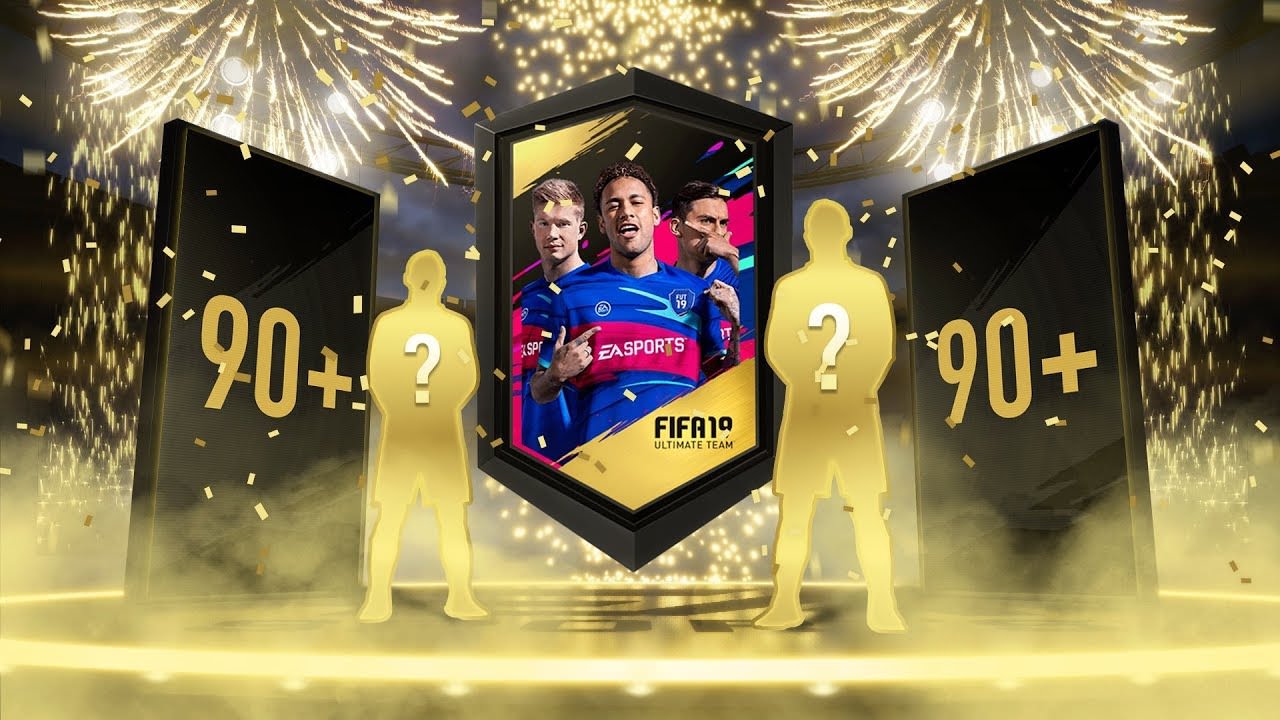
Loot boxes have been in the news a lot lately, but this has mainly only led to confusion. Are they illegal? Are they safe? Should I be using them?
The hype aside, we wanted to take a sober look at this debate by picking it apart at its seams. Let’s take a look at the legality of loot boxes, before paying specific attention to their use in FIFA.
What Are Game Loot Boxes?
Loot boxes have a reasonably short history in the world of gaming. They’ve only recently arisen in line with the popularity of massively multiplayer online role-playing games. They first showed up as the delivery system for in-game rewards in MMORPGs. Once you completed a task or mission, you’d be given a loot box that would contain an item (like coins, weapons, points, whatever).
Then, they became incredibly popular in Asia when games like MapleStory implemented them financially. These systems allowed players to purchase a ticket to use on the in-game Gachapon machines (a toy dispensing slot-like machine), which would then reward the player with a prize. This Gachapon model still persists today, but with some variation.
Overall, there are three key features of a loot box:
- It’s Consumable: once it’s used, it’s gone.
- It’s Randomised: each in-game feature/item awarded is randomly assigned
- It’s Earned: either through in-game progress or by paying with real money.
Aside from this, there’s lots of room for scope. For example, some prizes are won through in-game play and only give away ‘skins’, or other similar items that provide no real advantage for the player.
Alternatively, some give players a range of valuable in-game goods that can be purchased using real money. In this category, it’s frequent to see different pricings depending on how rare or sought-after the in-game items are (e.g. the rarer they are, the more expensive the loot box).
Are Loot Boxes Illegal?
Now we know what they are, we can answer the question: are they illegal?
The short answer is yes and no. Why? Because they’re only illegal in certain countries.
Here are a few examples where loot boxes are legal:
- UK: their use in games is legal within the United Kingdom. This remains the case despite the gambling and gaming industries being more closely aligned, as there is yet to be any legislation to rule them out.
- US: another country that also currently has no laws in place is the United States. There’s been plenty of talk about the possible link with underage gambling, but no federal or state laws have been implemented yet.
- Germany: although they’re not currently illegal, this may change in the near future in Germany as regulatory bodies are currently looking into the issue.
Loot Boxes
The Belgian government previously found that loot boxes constituted illegal when EA introduced them into their hugely popular game Star Wars: Battlefront from 2017. After establishing that they were specifically targeting, or implicitly aimed at, young children and minors, they sought to remove them from games.
However, FIFA publisher Electronic Arts (EA) continued to offer them for their flagship footy title, before eventually relenting by removing loot boxes from FIFA in late January 2019.
It seems as though more and more countries are beginning to be concerned about the link between loot boxes and gambling too – so we’re expecting the Belgium government’s stance to be the first domino to fall.
FIFA Loot Boxes
Even in countries where they are legal, loot box use in FIFA is particularly controversial. That’s because they offer what many describe as ‘pay to win’ rather than ‘play to win’ gaming. This is where players purchase megastars in FIFA for real money which automatically gives them a distinct advantage over others – rather than earning them by progressing through the game.
Of course, this issue doesn’t solely lie here, with ‘pay to win’ causing plenty of debate in other games too. However, due to FIFA’s global appeal, it has certainly stolen much of the spotlight.
No matter whether loot boxes are legal or illegal, using one is a stigma within much of the wider gaming world in itself. Given this controversy, perhaps EA should focus on a more eSports-like game mode to push into the industry.
Comments